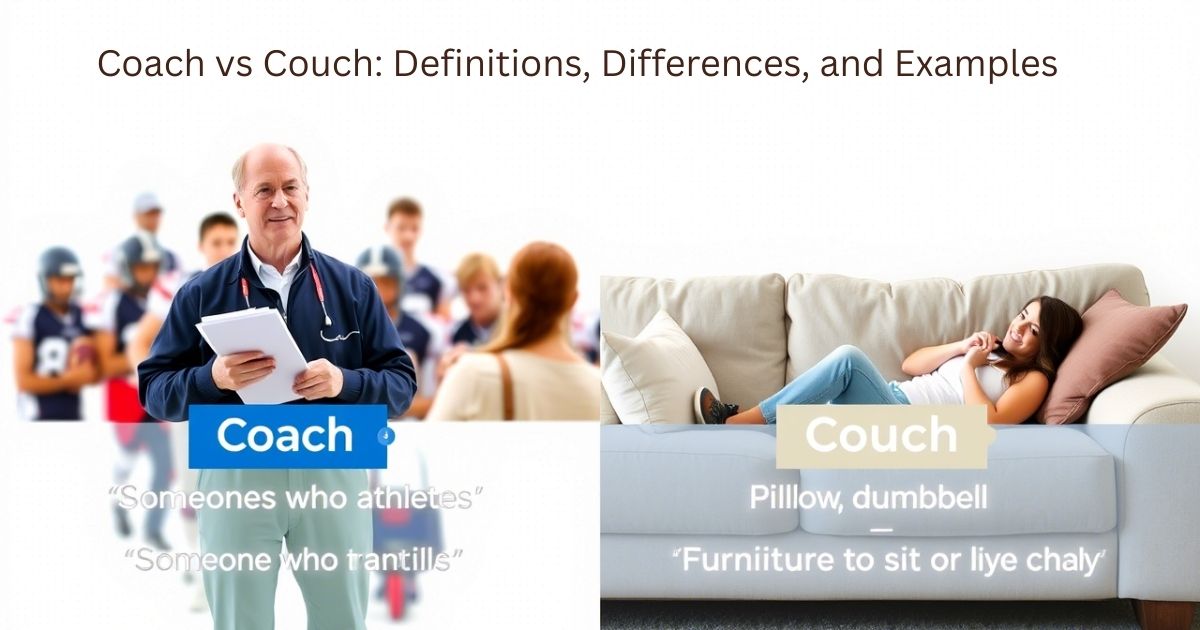The words coach and couch often confuse people because they sound similar but mean very different things. Understanding the difference is important in daily life and work. Coach vs Couch shows us how one word means a person who guides or a vehicle for travel, while the other is furniture used for sitting and relaxing. In today’s world, the coaching industry grows fast, with life coaches, business coaches, and virtual coaching platforms becoming popular.
Meanwhile, couches have evolved too, with styles like sectional, sleeper sofa, and smart furniture changing how we relax at home. When you think about Coach vs Couch, remember that one helps you reach goals, and the other helps you rest. This article will clear up the confusion and give you examples to use both words correctly. Knowing Coach vs Couch helps you speak and write clearly and avoid common mistakes.
The Root of the Confusion
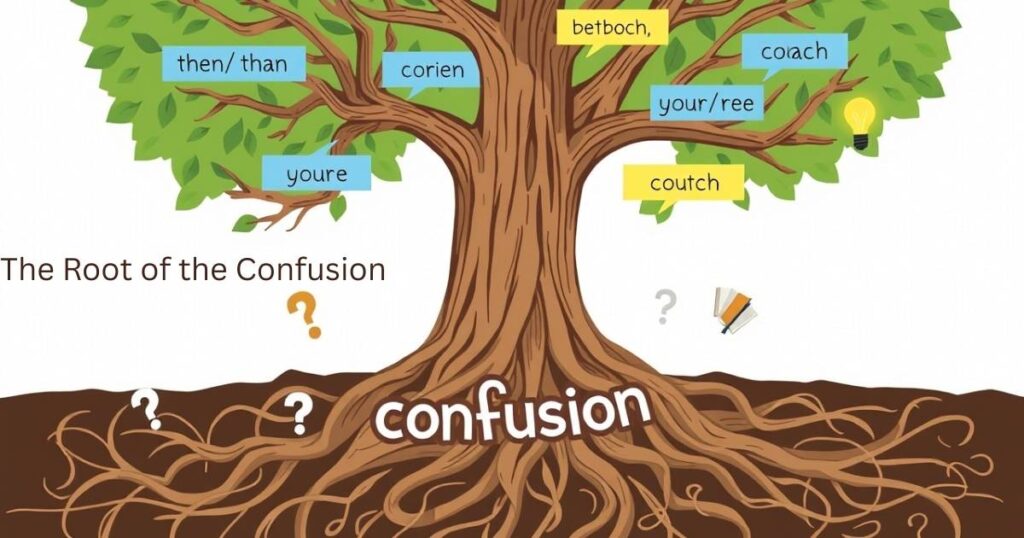
Many people mix up the words coach and couch. They sound very similar. Both words end with the same sound, which makes it hard to tell them apart. Some accents in the USA even say them almost the same way. This causes confusion when speaking or writing.
The two words come from different languages. They have different meanings but look alike. Knowing the history and how people use these words helps. For example, a coach is someone who teaches or guides you. A couch is a piece of furniture where you sit or lie down. Using the right word shows you understand the difference.
Read this Also: Excel or Accel? Cracking the Code on This Tricky Spelling Mix-Up
Breaking Down “Coach”
A coach is mostly a person who helps others. It can be a sports coach who trains players. It can also be a life coach who guides your personal growth. There are also business coaches and executive coaches who help with work and leadership. The coaching industry is big and growing fast. Many coaches use online coaching certifications and virtual coaching platforms today.
Besides people, a coach is also a type of vehicle. Think of a charter coach or a long-distance bus. These vehicles carry passengers for trips. The word comes from the Hungarian town Kocs, where the first covered carriages were made. This history links the word to travel and moving people.
Transportation Meaning
In travel, a coach means a large bus or train car. These vehicles take people far away. They have seats and space for luggage. For example, a team coach carries sports players and their gear. A tour coach has big windows to enjoy the view. The word comes from the old horse carriages called Kutsche in German. This meaning is still common in America today.
Understanding “Couch”
A couch is furniture made for sitting or lying. It can be a sectional, loveseat, daybed, or sleeper sofa. People relax on couches at home or in offices. The word comes from Old French coucher, meaning “to lie down.” Couches help you rest and feel comfortable.
Today, many couches have new styles. You find modular designs and smart furniture that fits modern homes. Styles like Scandinavian, minimalist, and Bohemian are popular. Couches are a key part of home and office furniture in the USA.
Modern Design Variations
Furniture makers now use new ideas and materials. Many couches use sustainable materials to help the environment. You see industrial and mid-century modern styles in stores. People like furniture that is both pretty and useful. For example, a sleeper sofa turns from couch to bed. This saves space and adds comfort.
Smart couches with technology are growing too. Some have built-in charging ports or speakers. The furniture industry changes with new trends to meet what people want. Couches today are more than just places to sit. They fit different rooms and lifestyles.
Side-by-Side Comparison
The words coach and couch differ a lot. A coach can mean a teacher or a vehicle. A couch always means furniture. Coach is pronounced /koʊtʃ/ like “coat” plus “ch.” Couch is /kaʊtʃ/ like “cow” plus “ch.” Coaches help you learn or travel. Couches help you rest.
People say “life coach” or “coach class” when talking about coaches. For couch, common phrases include “couch potato” or “crash on the couch.” The two words have different roles in daily life, so knowing the difference helps you speak and write better.
The Language Evolution
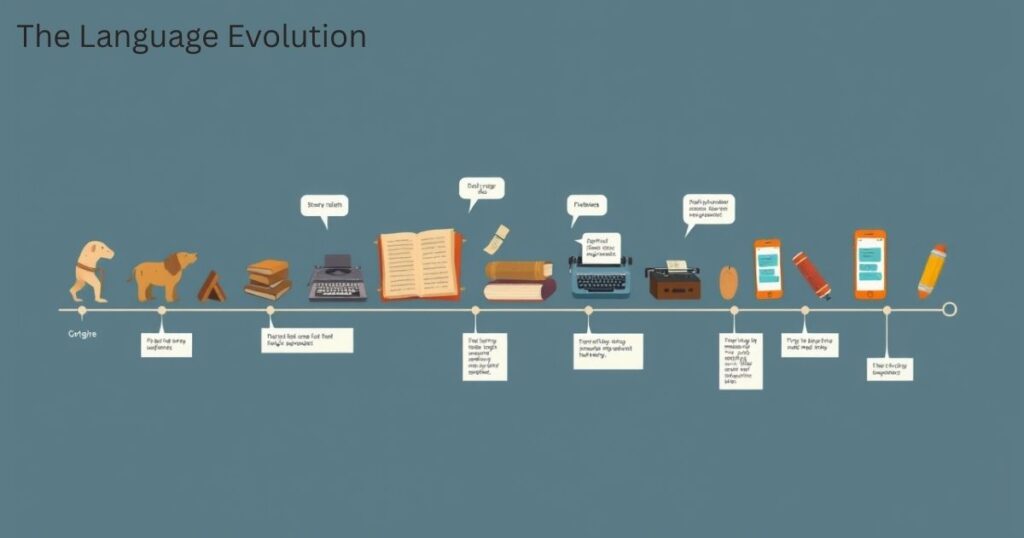
The word coach started in the 1400s in Hungary. It came from the town called Kocs. From there, it moved into German as Kutsche, then French as Coche, and finally English as coach. It meant a horse carriage that carried people. Later, it grew to mean a person who guides or teaches.
The word couch comes from Latin collocare and Old French coucher. It meant “to lie down.” Over time, it became a Middle English couche and today’s couch. This history shows how the two words come from very different roots, even though they sound alike.
Etymology of Coach
The etymology of coach is tied to travel and instruction. It started as a carriage from Hungary. The word moved through German and French before English adopted it. It later took on new meanings like a person who teaches or a vehicle for passengers. The coaching industry today still reflects these ideas of guidance and transport.
Etymology of Couch
The couch word has a different path. It comes from the Old French couch, meaning to lie down. This links directly to its use as furniture for resting. The word passed through Middle English as couche before becoming couch. It reminds us that a couch is about comfort and relaxation, not movement or teaching.
Modern Usage and Context
Today, coaches are used in many areas. You can find business coaches, life coaches, and sports coaches. People use online coaching certifications to become professionals. The coaching industry standards keep coaches honest and skilled. Coaches help people grow in life and work.
On the other hand, couch mainly refers to furniture. It appears in home decor and office furniture discussions. Modern couches include modular designs and smart couches with tech features. In the USA, couches are part of daily life, providing comfort and style.
Digital Age Coaching
The coaching world uses technology a lot now. Many coaches offer help through virtual coaching platforms and remote coaching sessions. AI-powered coaching apps help people learn and grow from anywhere. This change makes coaching more accessible and flexible for many Americans.
Furniture Industry Trends
The furniture industry is changing fast. People want couches that fit small spaces and different rooms. This need drives the rise of modular designs and multi-functional pieces like sleeper sofas. Using sustainable materials is another trend. It helps protect the environment while making quality furniture.
Common Expressions and Idioms
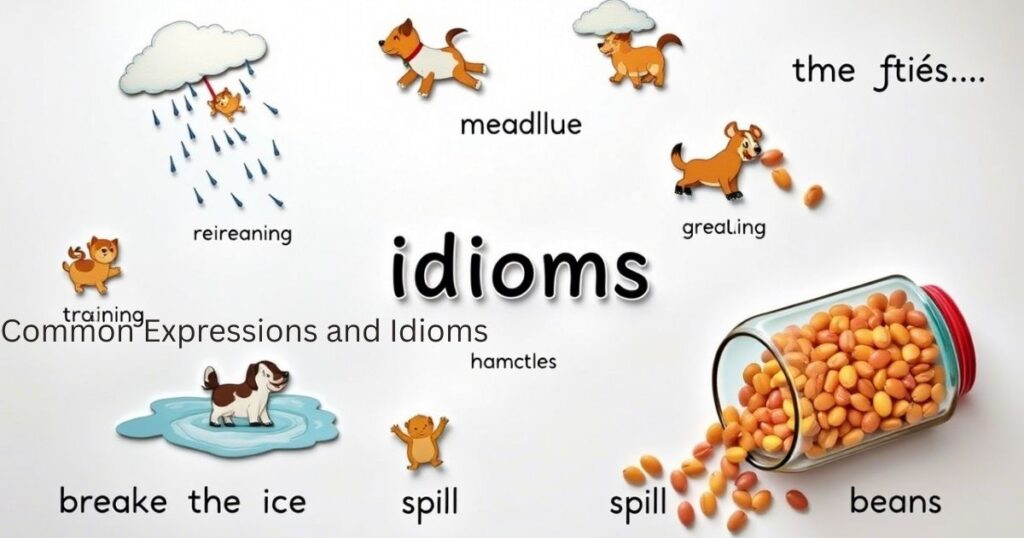
Both words appear in popular phrases. For coach, you hear sayings like “Monday morning coach” or “coach class blues.” For couch, phrases include “couch potato” and “couch surfing.” These idioms show how each word fits into culture and everyday speech.
Professional Impact
Knowing the difference between coach and couch is important in jobs. In the coaching industry, coaches follow strict professional ethics guidelines and coaching best practices. They earn ICF certifications to prove their skill. In business, coaches help leaders grow and improve.
For furniture makers, quality matters too. The furniture industry follows rules for quality control and safety. Office and home furniture must be comfortable and durable. Using the right word in these settings shows professionalism and clear communication.
Quick Reference Guide
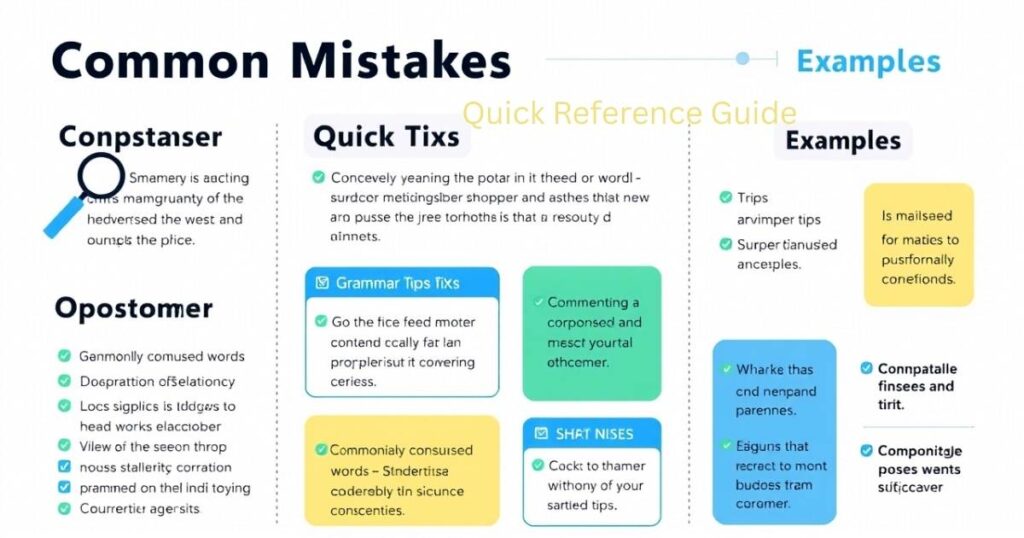
Remember this: a coach teaches or transports people. A couch is a place to sit or lie down. A coach can be a person or a vehicle. A couch is always furniture. Think “teach” for coach and “couch” for couch to help you remember quickly.
Remember These Tips:
Use context clues to decide which word fits. If it’s about travel or teaching, use a coach. If it’s about sitting or resting, use the couch. Remember their pronunciation and common phrases. This will help you avoid common mistakes.
Common Mistake Prevention:
Don’t confuse these words in writing or speaking. Check your sentences to see if you mean a person or a seat. If you’re talking about guidance, say coach. If you mean furniture, say couch. Using them correctly shows you know your English well and helps you sound smart.
This simple guide helps Americans understand coach vs couch clearly. Knowing the difference makes your speech and writing better every day. Whether you want to talk about a life coach or buy a new sectional couch, this guide has you covered.
FAQs
What is the difference between a coach and a couch?
Coach vs couch differ in meaning. Coach means a teacher or vehicle. Couch means furniture for sitting or lying down. They sound similar but differ a lot.
What is couch in language?
In language, couch means a piece of furniture to rest or sit on. It comes from Old French, meaning to lie down and relax.
What does couch mean train?
Couch in trains means a compartment where passengers sit. It is a place for rest during travel, similar to a comfortable seating area.
How do you spell coach for a team?
Coach for a team is spelled c-o-a-c-h. It means the person who trains and guides players in sports or other activities.
What is the definition of a coach?
A coach is a person who teaches, trains, or guides others. It also means a type of vehicle used for transporting people.
Conclusion
Understanding the difference between Coach vs Couch is important. A coach helps you learn, guides you, or carries people in a vehicle. A couch is furniture where you sit or lie down to rest. Both words sound alike but mean very different things. Knowing which one to use can make your speaking and writing clearer.
When you think of Coach vs Couch, remember the simple tip: a coach teaches and moves, while a couch is for comfort and rest. Whether you talk about a life coach, sports coach, or a sleeper sofa, using the right word matters. This helps you avoid confusion in daily talk or work. So, next time you hear these words, you’ll know exactly what they mean. That’s the key to good communication about Coach vs Couch.

Gramcoachpro is your go-to platform for mastering grammar, writing, and communication skills. If you’re a student, teacher, or content creator, we provide easy-to-understand tips, examples, and tools to improve your language — fast and effectively. Our mission is to make better writing simple and accessible for everyone.

